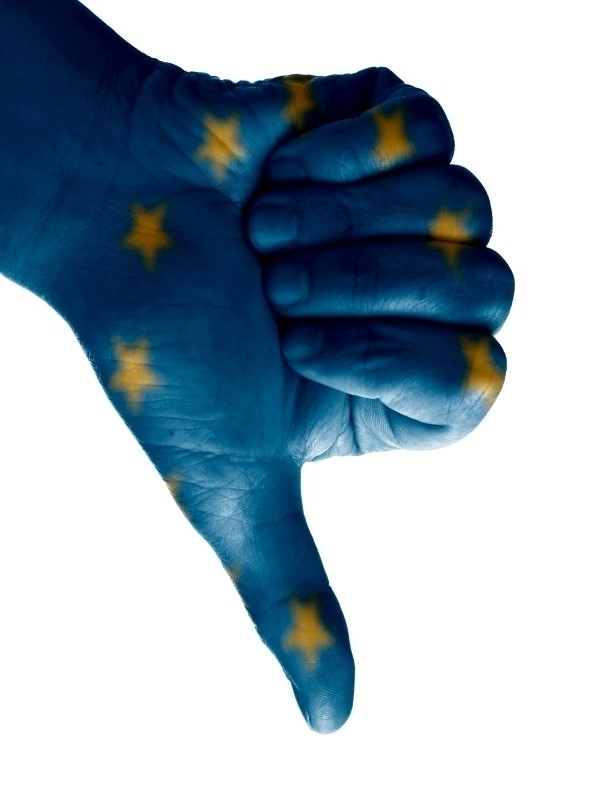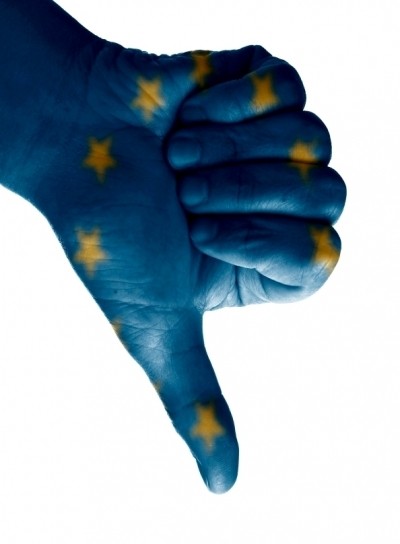HFMA: “The Commission has turned its back on our industry and its legitimate concerns”

With its cause and campaign to modify the treatment of nutrition science under the nutrition and health claims regulation (NHCR) failing to register with the European Commission over many years, the Health Food Manufacturers’ Association (HFMA), like many other industry groups, is turning to MEPs to salvage a little “common sense”.
HFMA executive director Graham Keen said a complaint that sat with the European Ombudsman should be aired before any legislative decision was taken on the register that contains about 2000 rejections and 222 approvals from the European Food Safety Authority (EFSA).
“The Commission has turned its back on our industry and its legitimate concerns, so we have to hope that our parliamentary representatives in Europe can turn this situation around,” Keen said.
“We also feel that it is entirely appropriate that the Commission should await the outcome of the Ombudsman complaint of maladministration of the Regulation by the Commission, which was deemed to be acceptable for further investigation.”
“Voice of reason and common sense”
Of the mooted veto he added: "We wholeheartedly welcome this initiative taken by these MEPs. We have suggested for some time that we need MEPs to be the voice of reason and common sense in order to correct the situation regarding health claims, where we are confronted with the immediate prospect of a vast number of claims we have known and used for many years, sometimes decades, being totally prohibited from use on all forms of consumer communication as early as late Autumn this year.”
“When MEPs are asked to adopt the very short list of positive claims assessments, they may not be fully aware that they will also be adopting the massive list of prohibited claims that have been appended to the positive list.”
Other calls
In supporting the veto, HFMA joins the likes of the Alliance for Natural Health (ANH) which has been lobbying hard against the NHCR at the European Parliament in Strasbourg and MEP offices in Brussels.
It has made available an information pack to all 736 MEPs highlighting its concerns about market damage and consumer choice restriction resulting from the NHCR.
Robert Verkerk PhD, executive & scientific director for the ANH said recently: "The proposed regime will leave a lot of the healthiest foods and food ingredients without claims, which will be a great disservice to the public and to disease prevention through dietary means.”
"It's also crucial to recognise that most of the rejected health claims actually have plenty of scientific and clinical evidence backing them up. It's just not the very specific type of evidence that EFSA is demanding."









